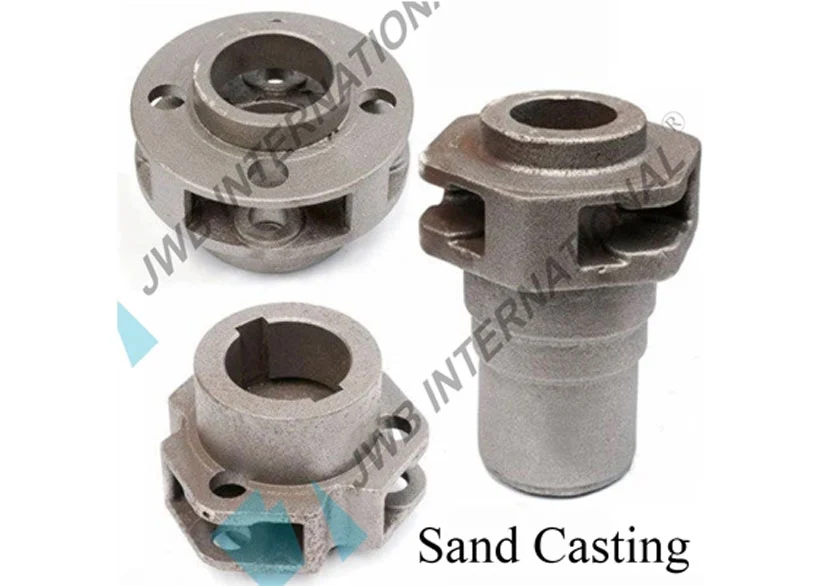Titanium has a highly reactive chemical nature, and upon contact with oxygen in the air, it quickly forms a dense oxide film on its surface. This oxide layer effectively prevents further interaction between the titanium and external corrosive media, providing exceptional corrosion resistance in various harsh environments such as seawater, acidic and alkaline solutions, and chloride solutions. This property significantly extends the lifespan of the titanium tubing coil and reduces replacement and maintenance costs due to corrosion.
Titanium has a relatively low density, approximately 60% of that of steel, yet its strength is comparable to that of steel. In fact, some high-strength titanium alloys exceed the strength of many structural steel alloys. As a result, titanium tubing coil offers excellent strength while being lightweight, making it easier to install and transport. This can reduce the overall weight of the equipment and lower energy consumption.
Titanium tubing coil retains high strength and stability even in high-temperature environments. It can operate continuously at temperatures between 450-500°C, and certain titanium alloys can withstand temperatures exceeding 500°C. This makes titanium tubing coil suitable for high-temperature applications such as high-temperature reactors and heat exchangers in the petrochemical industry.
Titanium alloys maintain their mechanical properties even at low and cryogenic temperatures. Titanium alloys with very low levels of interstitial elements, such as TA7, can still maintain a certain level of plasticity at -253°C. As such, titanium tubing coil is also ideal for use in low-temperature environments, such as liquefied natural gas (LNG) storage and transportation equipment.
Although titanium's thermal conductivity is lower than that of metals like aluminum and copper, its exceptional corrosion resistance allows the wall thickness to be significantly reduced. The heat exchange mechanism on the surface of the titanium tubing coil is based on droplet condensation, which reduces thermal resistance. Additionally, the absence of scale formation on the surface further decreases thermal resistance, significantly improving the heat transfer performance of the titanium tubing coil. This makes it highly suitable for use in heat exchange equipment.
In conclusion, JWB's titanium tubing coil excels in a range of extreme environments thanks to its outstanding corrosion resistance, high strength, excellent thermal strength, and low-temperature performance. Whether in high-temperature, high-pressure, or low-temperature conditions, JWB's titanium tubing coil delivers stable and reliable performance.
